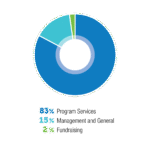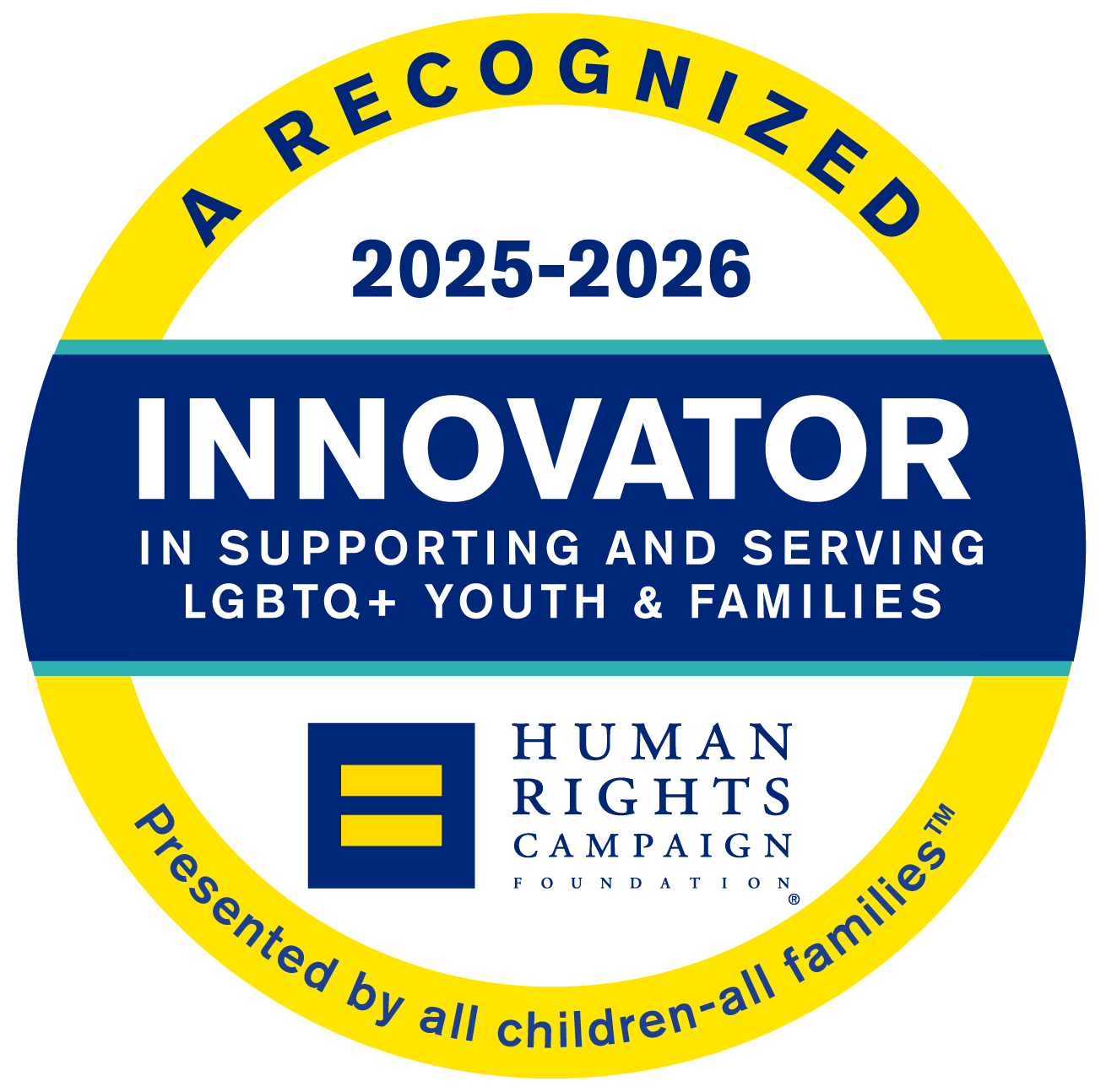Underrepresentation
— BRAVE CONVERSATIONS SERIES —
A Deliberate Approach to Diversity, Equity, and Inclusion
Lawrence Hall’s DEI Committee strives to ensure Lawrence Hall is a diverse, equitable environment of belonging and inclusivity. Having “brave conversations” about diversity, equity, and inclusion (DEI) in the workplace is a necessity for healthy company culture and requires honesty, compassion, and self-reflection of all involved. Our Brave Conversations Series highlights topics not normally discussed but that have deep, personal impacts on our staff, youth, families, and communities.
April is Arab American Heritage Month, so this month’s Brave Conversations will attempt utilize issues facing Arab Americans to shape understanding of the need for DEI initiatives. Today’s topic is underrepresentation.
Underrepresentation
Who speaks for you? Do they have your best interest at heart? Lawmakers, boards of directors, committees, and so on and so forth make decisions every day that impact your life, for this reason, that diversity is important. Kentanji Brown Jackson’s appoint to the Supreme Court is historic and also a step towards Black Americans finding legitimacy in the legal system. What it means to women, to have Kamala Harris as Vice President of the United States cannot be measured. The warmth created after the release of Disney’s Encanto was a needed a healer for the world. The power of representation is often underestimated.
Who is underrepresented?
You may have heard the term “a seat at the table” before—it signifies that an underrepresented community has a person “at the table” that gets the same opportunities as everyone else to listen, share, define and influence. Since the table has existed, people have been excluded from sitting at it. The table is a place where decisions are made, voices are heard, and agendas are amplified. So, who doesn’t get a seat?
You don’t have to look far or stretch your imagination to answer that question. When looking at the Fortune 500 CEOs, the evidence is as clear as day. Latinx and Hispanic people represent the largest racial or ethnic minority group in the U.S., comprising 18.5% of the total population. However only 20 Latinx/Hispanic people held the position of CEO in 2021.
And while Black people make up about 13.4% of the country, only six were CEOs in 2021, up from five in 2020. Of the racial and ethnic minority groups, Asian Americans, who comprise 5.9% of the U.S. population, had the most representation at the CEO level—40 during 2021 and 41 the year before.
The number of women running businesses on the Fortune 500 list hit 41 in 2021, an all-time high. Two Black women were among the group. Some view the 67-year-old Fortune 500 list as a barometer for leadership diversity in the country’s largest companies. While 41 female CEOs is a record, it still means that just over 8% of Fortune 500 companies have women at the helm.
The numbers look equally bad, if not worse when you look at media representation. An analysis of diversity and inclusion among 300 programs in 2019, the Nielsen company found women, Native Americans and Latinx people were among the most underrepresented groups relative to their numbers in the general population. For example, women make up 52 percent of the U.S. population, but they show up onscreen 37.9 percent of the time. By contrast men over age 50, who are 17 percent of the population, get a 14 percent share of screen time, closer to their actual numbers in real life.
Misrepresentation
Maybe worse than underrepresentation is misrepresentation. There is somewhere around three million Arab American in the United States. Early Arabs in America were forced to identify as “White” in order to gain access to American citizenship. In 1915, George Dow was granted naturalization rights by the Georgia Court of Appeals, which considered “the inhabitants of … Syria, to be classed as white persons.” In 1977, the Office of Management and Budget (OMB) issued Directive 15 officially classifying “White” those who descend from Europe, and the Middle East and North Africa (MENA).
For the next twenty years, the Arab American community engaged in internal and external debates around how the community should be defined, where we draw boundaries, and whether to impose a pan-Arab identity on peoples who hail from 22 different countries and multiple ethnicities across the Arab world. In its 1997 the OMB decided that further research was needed and closed the case. The lack of accurate data on the community has constituted a serious threat to Arab Americans’ health, education, employment, housing, and civil rights.
In 2010, members of the Arab-American community launched the “Check it right; you ain’t White!” campaign to change how they are classified in the Census. A coalition was formed under the leadership of the Arab American Institute (AAI), and the group authored a historical letter to the Census Bureau requesting a MENA box on the Census form. The Bureau responded by publishing a notice in the Federal Register, which received an unprecedented number of favorable responses. In December 2014, the Bureau announced its intention to test creating a MENA category for inclusion in the 2020 Census. The move was a historic endeavor that could have produced much-needed data on MENA communities, their needs, and their contributions. However, OMB halted all efforts in December 2018 citing the need for further research without further explanation, making the 2030 census the next great hope.
Without having a specific MENA category to check on official forms, Arab Americans did not identify with any of the five races. Instead, many of them checked the “Some Other Race” category when provided. It is also difficult to capture the community’s contributions to public service or to improve the recruitment, retention, and promotion rates of Arab Americans. As an underrepresented and undercounted group, Arab Americans continue to work with a coalition of recognized U.S. government employee groups to raise awareness about issues of representation in the government and identify tangible ways forward that will create a more diverse, inclusive, and equitable workforce that celebrates our diverse backgrounds and experiences. These efforts will are necessary to assure this community as a voice in the policy-making process.
Representation matters
Women still struggle to be paid equally to their male counterparts for doing the same job, members of the LGBTQIA+ community still struggle to receive appropriate healthcare, and Black and Brown people are criminalized for the melanin in their skin, and list goes on of unfair practices adopted against communities that were not properly represented. All these communities and many more still struggle when looking for work in high powered positions that make the decisions.
It is important to know that when someone flies the flag in the face of adversity, exposing problems of the status quo, it can open doors for underrepresented groups to sit at the table. It allows everyone to strive for better. Those representations soon become pillars of confidence, creating space for the underrepresented. It provides courage to go for that promotion or become a leader in their department, all because they were inspired to go beyond what they thought was possible for them.
What can you do?
Get comfortable being uncomfortable
Have the courage to ask difficult questions of people in authority about how decisions are made and who’s making them. How are they truly supporting the underrepresented in their workforce? Do they know who is underrepresented? Ask about the experiences of your coworkers; ask if they feel fully included, valued, and respected; and be willing to hear answers you might not like. It’s important that leaders challenge themselves to grow, admit to flaws of inclusion, to ensure future success.
Make it personal and visible
Inclusion is a community effort and should come from the heart. Be authentic about wanting to be represented and hold your leaders accountable to it. Being visible also requires you to show up at events, conferences, and other initiatives promoting diversity, equity, inclusion, and belonging. This shows those in power that these issues matter to you, it’s your opportunity to lead your leaders.
Demand transparency
Transparency about what you’re doing, why you’re doing it, and how you’re progressing is a game changer. “One of the biggest obstacles to accelerating workplace equity is the lack of transparency from many companies regarding initiatives such as efforts to close the gender pay gap, to provide paid parental leave to both parents, or to recruit without discrimination,” said Diana van Maasdijk, CEO of Equileap. Poor transparency sows distrust in the organization.
Demand accountability
Today’s leaders understand they can impact change by ensuring that their policies align with their DEI goals. Representation needs to be a genuine practice, that is just not just tokenism at it’s performative best. Ask for an audience with those in positions of power that are meant to represent you.
Demand your seat
YOU BELONG AT THE TABLE! It is important the you come to the realization that the table isn’t complete without you at it, regardless of how you find your way to the table and what you bring to it.
RESOURCES
The urgency of intersectionality
Why does representation in pop culture matter?
MOVIES
Slingshot Hip Hop (2008) — directed by Jackie Reem Salloum
Speed Sisters (2015) — directed by Amber Fares
The Feeling of Being Watched (2018) — directed by Alex Bushe
The Invisible War (2012) — directed by Kirby Dick
TV SERIES
Work in Progress (Showtime)
Never Have I Ever (Netflix
Dear White People (Netflix)
BOOKS
Did That Just Happen?!: Beyond “Diversity”—Creating Sustainable and Inclusive Organizations
Stephanie Pinder-Amaker and Lauren Wadsworth
Well, This Is Exhausting
Sophia Benoit
Atlas of the Heart
Brené Brown
Surrounded by Idiots
Thomas Erikson
We Have Always Been Here
Samra Habib
MUSIC
A Seat at the Table (ALBUM) — Solange
One Day — Matisyahu
Amendment — Ani DiFranco
Yes We Can — Barack Obama
PODCASTS
Why Did It Take So Long To Pass an Anti-Lynching Bill? — The Amber Ruffin Show
Latinos Who Lunch — Latinos Who Lunch
Queering Desi — Audioboom
Representation Matters: A Conversation on Moving Diversity Forward with Vernā Myers — Blazing Trails
Search
Categories
- Blog (17)
- Grants and Awards (5)
- News (77)
Lawrence Hall is a 501(c)(3) organization. Gifts are deductible to the full extent allowable under IRS regulations.
©2025 Lawrence Hall All rights reserved. Site Construction by WorkSite









